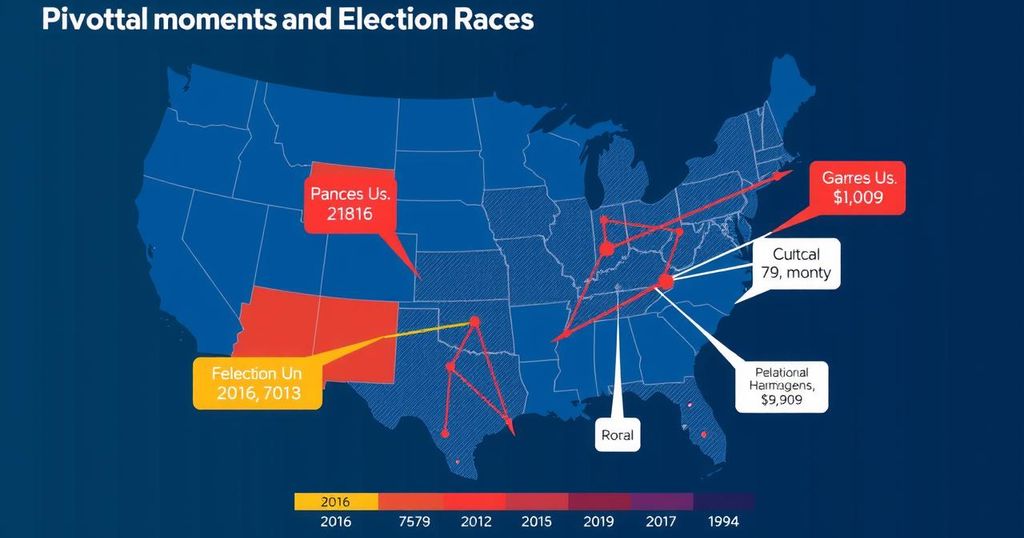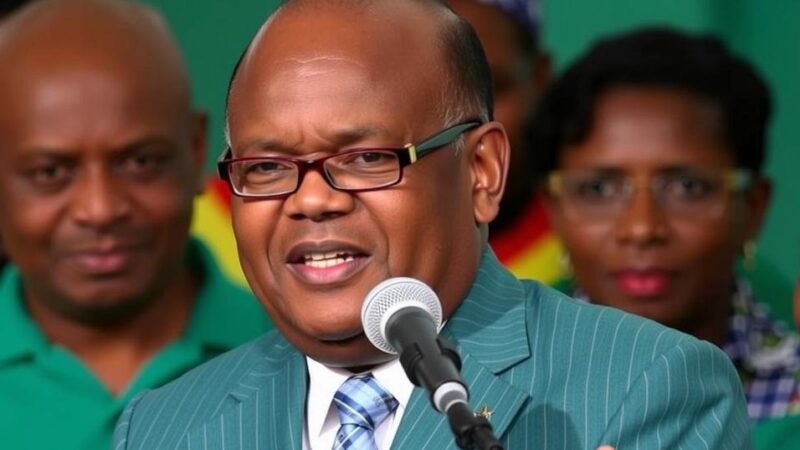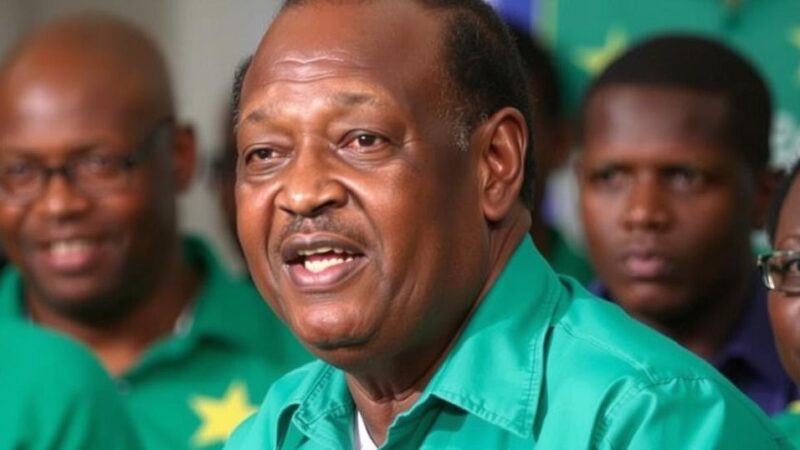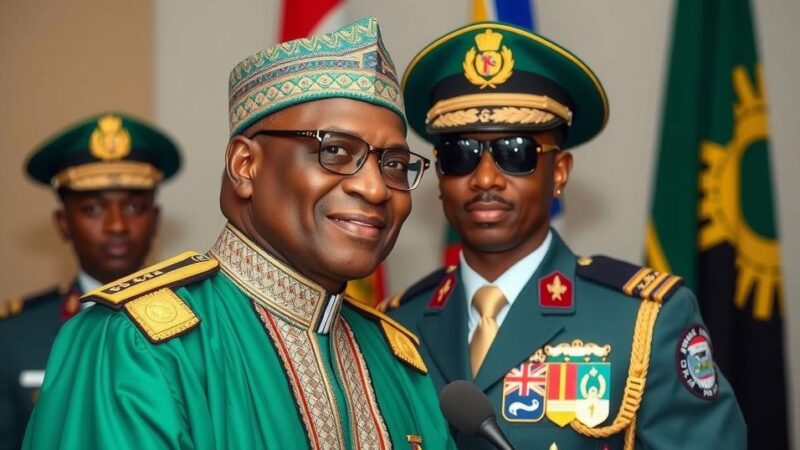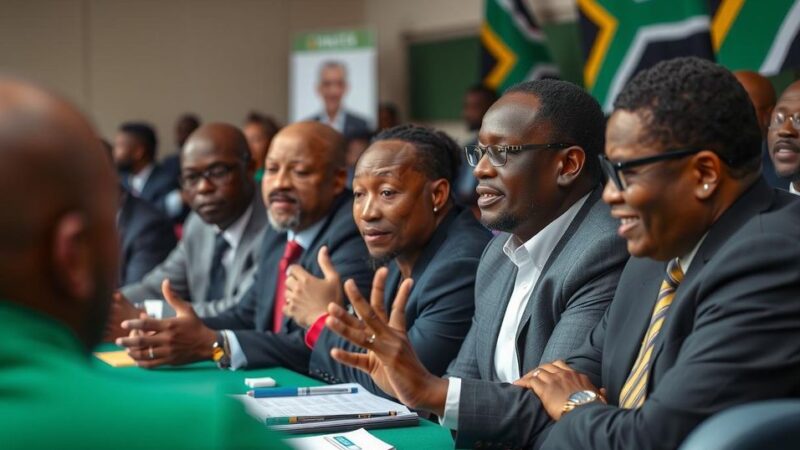This article captures the insights of David Brooks and Jonathan Capehart as they analyze the implications of Yahya Sinwar’s death in the Gaza conflict, the dynamics of U.S.-Israel relations, and the critical moments in the approaching 2024 presidential election. The conversation highlights the ongoing humanitarian crisis in Gaza and the significance of voter demographics, particularly the persistent gender gap in support for candidates, which is likely to influence electoral outcomes.
In a recent discussion moderated by Amna Nawaz, New York Times columnist David Brooks and Washington Post associate editor Jonathan Capehart analyzed significant political developments, particularly in the context of the ongoing Israeli-Palestinian conflict and the approaching 2024 presidential elections. They began by examining the implications of the death of Hamas leader Yahya Sinwar, which was interpreted by some, including President Biden and Vice President Harris, as a potential opportunity for peace in the region. Brooks acknowledged that while he is not a proponent of Israeli Prime Minister Benjamin Netanyahu, his recent military actions have weakened the influence of Iranian-backed terrorist groups like Hamas and Hezbollah. However, he cautioned that the threat from these groups remains and expressed skepticism about Netanyahu’s ability to pivot towards peace without sufficient intelligence regarding Hamas’s remaining capabilities. Capaehart critically pointed out that the relationship between President Biden and Netanyahu appears to be strained and speculated that this dynamic might influence Netanyahu’s actions. He emphasized the pressing humanitarian crisis in Gaza, highlighting that the civilian toll must lead to a genuine discourse on post-conflict conditions in the region. The conversation then transitioned to the presidential race, which now has only 18 days remaining until Election Day. Both analysts remarked on the intensified competition among candidates as they strive to attract support from specific voting demographics. Capehart noted that Vice President Harris’s engagement with the FOX audience was strategically aimed at moderates within the Republican sphere rather than trying to convert staunch Trump supporters._\n_Brooks reiterated the challenges candidates face in expanding their appeal beyond their party bases, criticizing both parties for a lack of innovative approaches to broaden their voter coalitions. He lamented the current polarization in politics and stressed that expanding electoral appeal should be a fundamental goal for political parties. They both recognized the significance of gender dynamics in the current political landscape, identifying a persistent gender gap in support for the candidates. Capehart emphasized the impact of external factors, including socioeconomic conditions impacting young men, on voting behavior. Both gentlemen concluded with the assessment that the gender gap is unlikely to diminish significantly in the brief period before the election, reaffirming that this trend has become a defining characteristic of the current political cycle.
The political discourse surrounding the 2024 presidential election is becoming increasingly critical as Election Day approaches. Simultaneously, the situation in the Gaza conflict, particularly with the death of Hamas leader Yahya Sinwar, has sparked varying opinions on the potential for peace and implications for U.S. foreign policy. Understanding these two contexts—international relations in the Middle East and the domestic electoral landscape—offers insight into how political leaders are strategizing in the final weeks before the election.
In summary, both David Brooks and Jonathan Capehart provided a nuanced examination of pivotal moments in contemporary politics, linking significant foreign policy events to the impending presidential election. Their insights underscored the continuing relevance of the Gaza conflict, both in terms of humanitarian concerns and its impact on U.S. elections, while also reflecting on the challenges candidates face in appealing to a divided electorate. As the election approaches, the stability of both international relations and domestic political dynamics remains uncertain, emphasizing the need for clear strategies from political leaders across the spectrum.
Original Source: www.pbs.org

